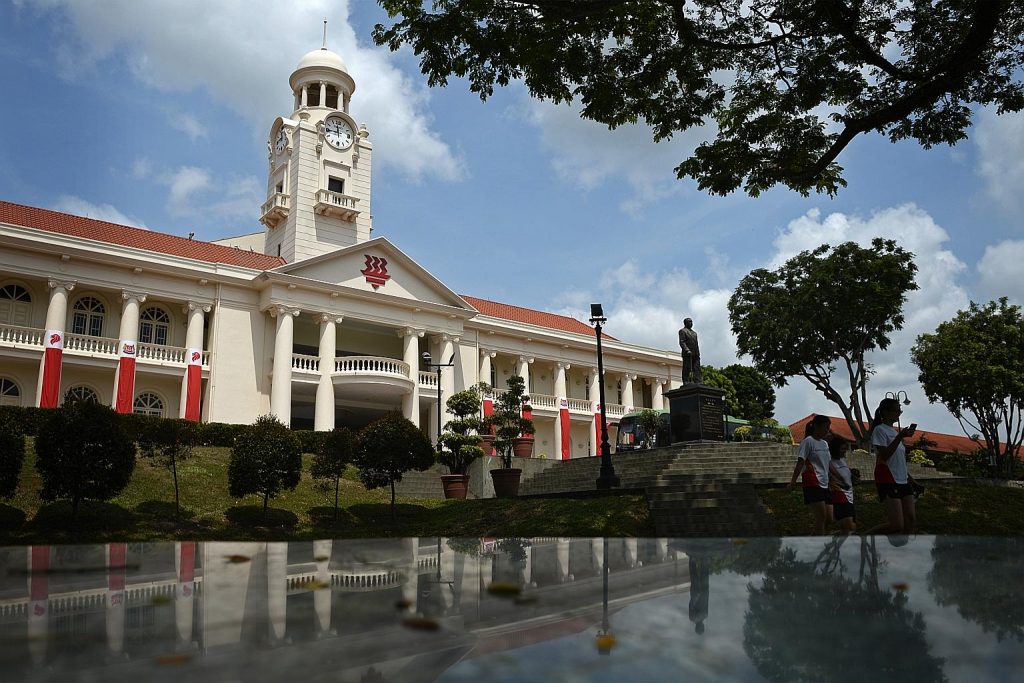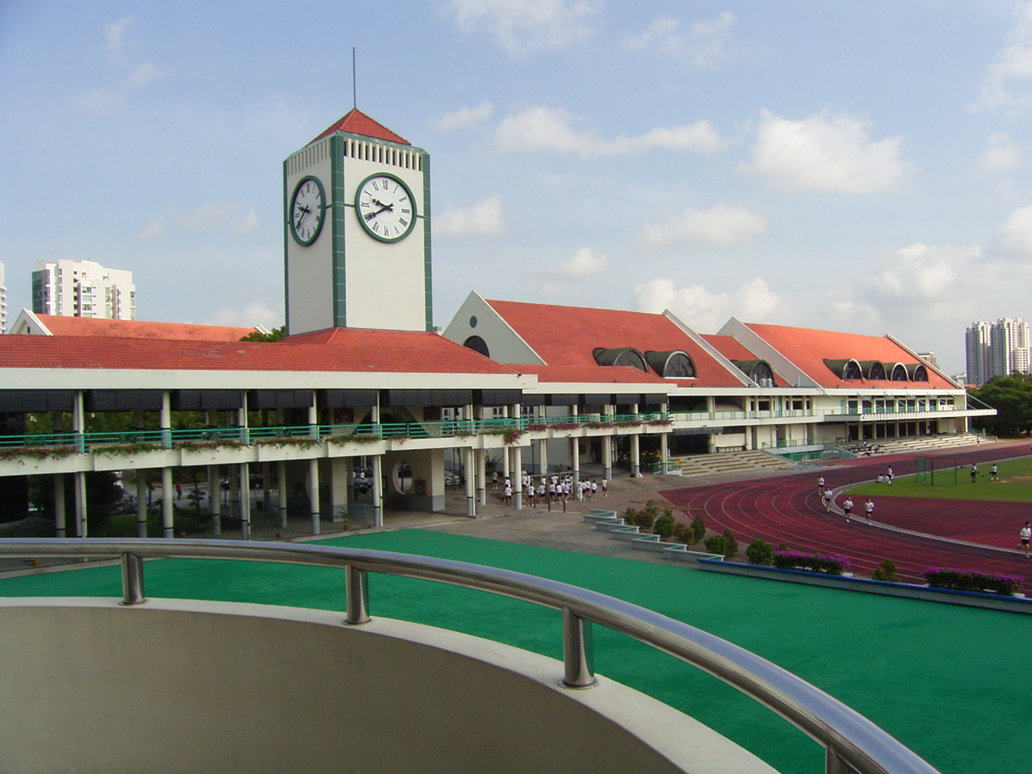Image Credit: kkkreaper/deviantart
Singapore is governed by a paradox: Elitism is bad but meritocracy is good.
And Raffles Institution, which has plenty of both, has somehow become the worst of all.
This is the prevailing logic of our nation-state and it’s a contradiction. In Singapore at least, there is no tangible difference between elitism and meritocracy. They are two sides to the same coin and you can’t have the former without the latter.
Simply put, meritocracy is a system that rewards those with talent, ability, experience and other forms of ‘merit’. In practical terms, it means we privilege the academically gifted above the rest, giving them the right to govern by writ of their superior intellect, moral character, leadership ability and other abstract qualities that are hinted at but never clearly established.
I’m sorry, how is this any different from elitism?
The process of selecting such individuals necessarily separates the worthy from the unworthy and the rulers from the ruled. In doing so, the process defines what is ‘elite’ and elevates those who meet its criteria. Hence, a privileged class is inevitably created, even if they prefer less controversial labels.

Meritocracy has an aura of feel-good egalitarianism, while elitism has become a pejorative term. But they describe basically the same thing: A system that discriminates, excludes, and selects.
That being said, I don’t know why we continue this charade that elitism and meritocracy are opposing forces rather than intimate bedfellows. Why do we have a song-and-dance condemning RI for its elitism, while celebrating meritocracy as a ‘social leveler’ in the same breath?
It is disingenuous to use ‘meritocracy’ to pick out ‘elites’ and then deny that it has any link to elitism.
The irony is galling because there is nothing inherently wrong with picking elites. You want an elite surgeon to operate on your tumour; if taken hostage by terrorists, I want elite commandos to rescue me, not PES F NSmen.
The same reasoning applies to the government and the private sector. We want leaders and managers with technocratic abilities.

Problems only arise because our highly unequal society creates a highly imbalanced playing field, which meritocracy conceals rather than fixes.
What redeems our Elitocracy™ is supposed to be fairness. Anyone can join its ranks if you are smart or hard-working enough to win the academic arms race. In other words, inequality is excused by an abundance of opportunity.
Unfortunately, this doesn’t work in the real world.
In theory, the child of a low-income single-parent hawker can still go to RI and achieve his dreams of becoming a Straits Times cover story. But only the willfully blind will suggest that he has the same chances as the kid from a wealthy family with two highly-educated professionals.
Left alone in a fundamentally unequal society, meritocracy will entrench the gap between Kid A and Kid B.
This is the real problem with Elitocracy—the myth of a perfectly level playing field where none exists. So the solution is not to glorify meritocracy and demonise elitism because they have the same merits and flaws.
In my admittedly non-elite and non-expert opinion, the answer is the taboo ‘W’ word: Welfare. Unless we address society’s broader inequalities, the game will always be rigged against those with fewer resources and Elit-ocracy will fail to provide social mobility—its saving grace and reason for being.





